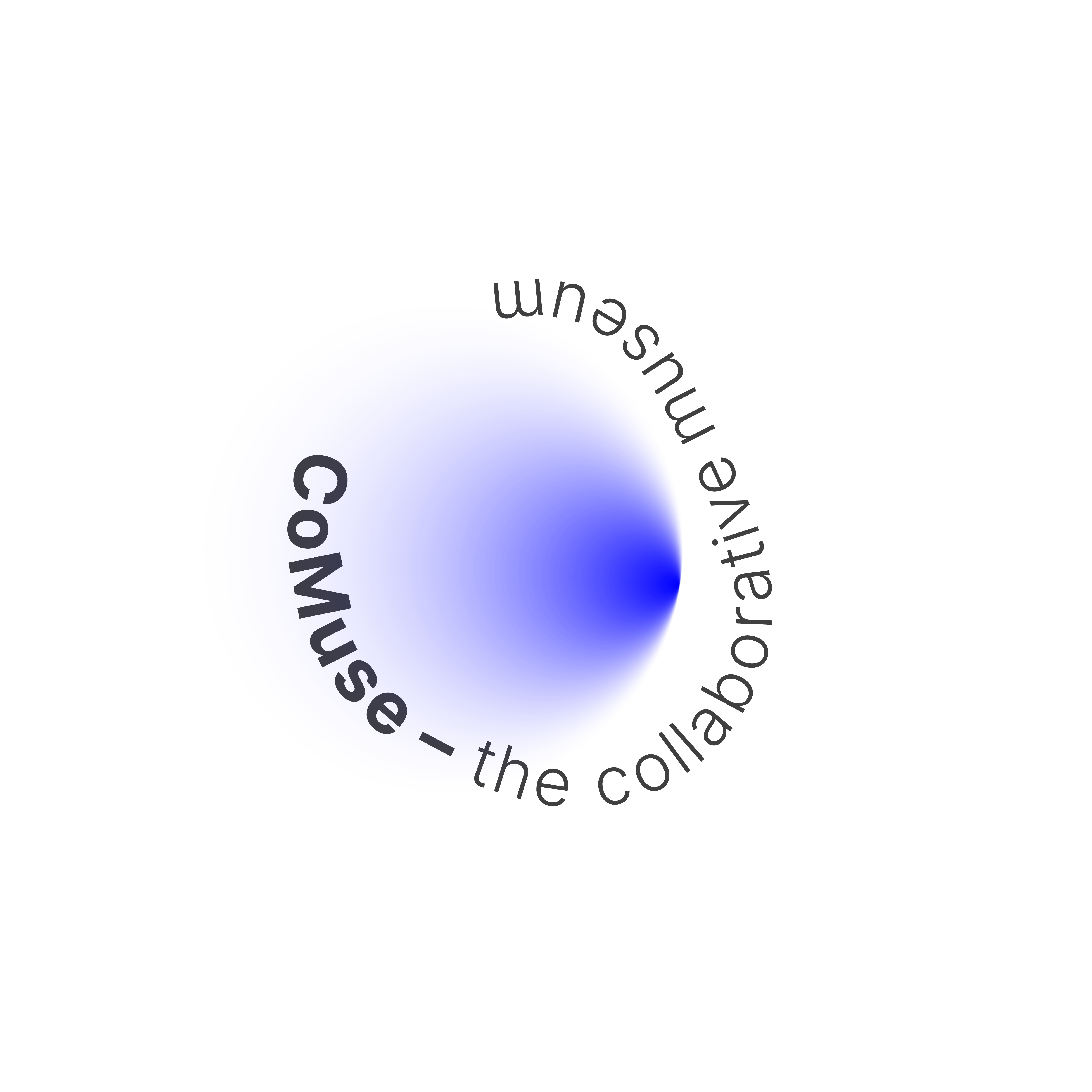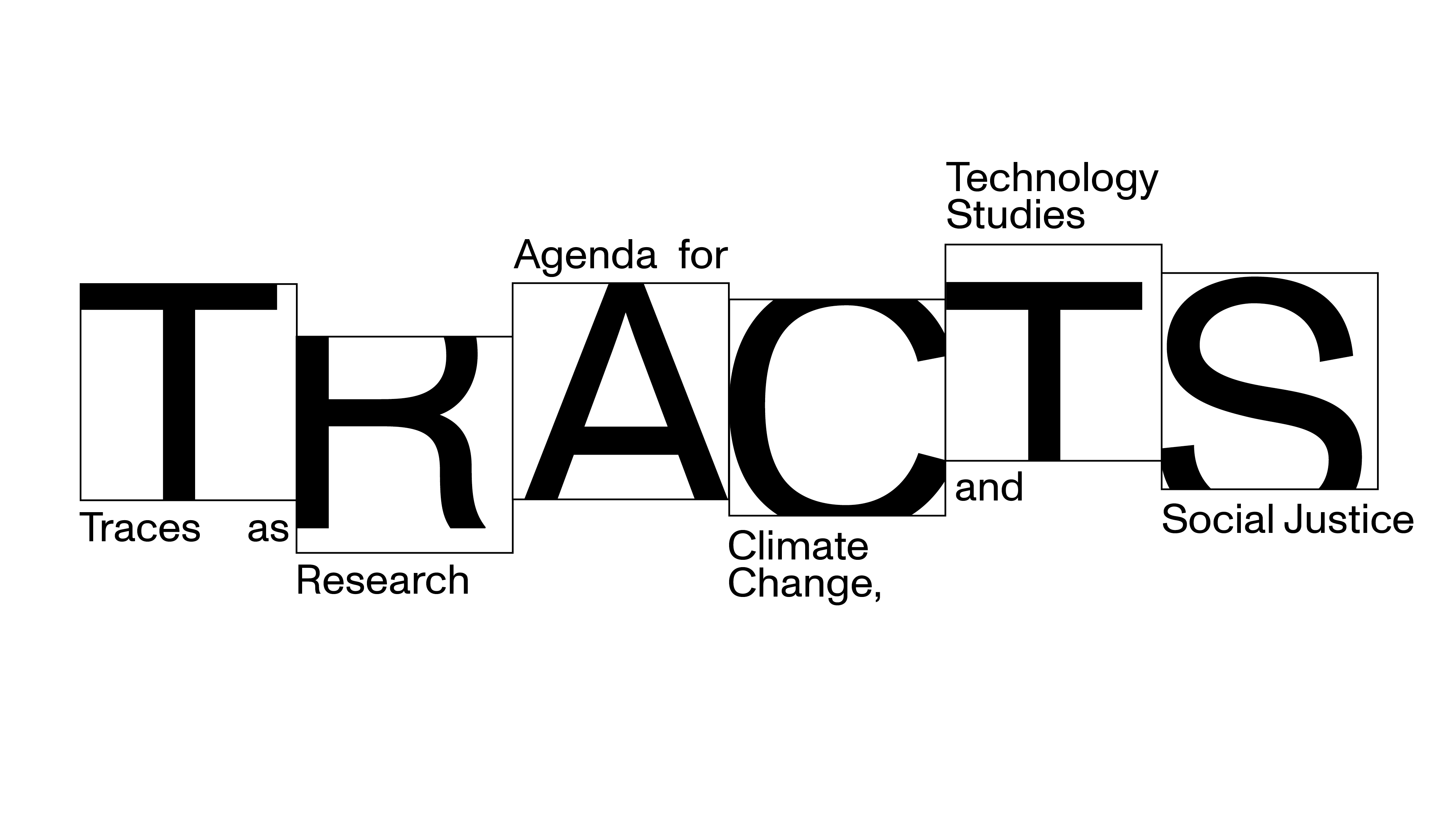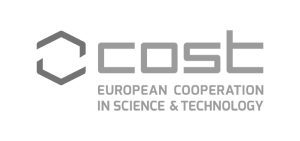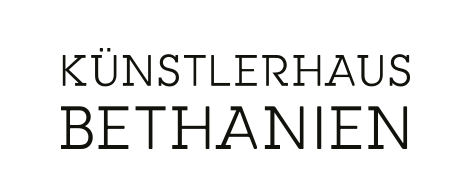Tracing the experiences of Indian Prisoners of War in World War I Germany
{{ time.start_TS | TS2dateFormat('MMM') }}
{{ time.start_TS | TS2dateFormat('YYYY') }}
| free admission |
| No ticket required |
| English |
| Mechanical Arena in the Foyer |
| Part of: Guestroom |
Baptist Coelho’s research revisits the experiences of around 1,000 soldiers from the Indian Army who fought for the British during the First World War. Captured on the Western Front (France, Belgium), they were sent to the prisoner-of-war camps at Zossen-Wünsdorf, near Berlin. Coelho explores various institutions and their archives which include voice recordings, photographs, leaflets, drawings, paintings, film clips and the yet-to-be-found palatograms (a record of the movement of the tongue and palate in the articulation of sounds). He also examines the presence of music and musical instruments in these archives and is interested in a particular currency that was permitted for use only within the camps. Coelho’s findings also highlight a present-day Erstaufnahmeeinrichtung (Initial Reception Facility) for refugees and asylum seekers, which is located on the exact site of Germany’s first mosque (1915 – 1930). It was part of the Halbmondlager (Halfmoon Camp), a prisoner-of-war camp that existed a century ago.
Participants
Baptist Coelho is a visual artist from India who articulates unspoken stories and conjures meaning from the psychological and physical disruptions caused by war and conflict. Baptist’s research-based practice uses various media. He has exhibited worldwide in museums and galleries such as Somerset House, London; Centre Pompidou, Paris; New Art Exchange, Nottingham; MAXXI, Rome; Gwangju Museum of Art, South Korea; among others. His recent eponymous monograph was published by the In Flanders Fields Museum, Ypres, Belgium. The artist currently lives and works between Ypres and Paris.
Baptist Coelho was a CoMuse Fellow at the Ethnologisches Museum and the Museum für Asiatische Kunst in September 2024. This fellowship is part of a cooperation between the Ethnologisches Museum & the Museum für Asiatische Kunst / The Collaborative Museum and Humboldt Universität zu Berlin. It is funded by COST Action CA20134, TRACTS Network and COST EU (European Cooperation in Science and Technology).
Maurice Mengel studied ethnomusicology at the University of Cologne. He earned his doctorate with a dissertation on a Romanian music archive in Bucharest and its role, particularly in socialist cultural policy up until 1970. He has worked at the Ethnological Museum since 2006 in various digital initiatives and projects. Since 2019, he has been the Head of the Media Department at the Ethnological Museum and the Museum of Asian Art, which includes extensive and historically significant collections of film, photographs, and sound recordings, such as the Berlin Phonogram Archive. In this role, he also lead the sub-project of the Staatliche Museen zu Berlin in the initiative for the digitization and visualization of object-related collections in the Humboldt Forum (MDVOS).
Anna Szöke is the scientific coordinator of the project “The Collaborative Museum” at the Ethnologisches Museum and Museum für Asiatische Kunst Berlin.
She is an art historian and curator and was previously Managing Director of the Centre for Anthropological Research on Museums and Heritage (CARMAH), Humboldt University of Berlin, Head Curator of the Tieranatomisches Theater, Berlin and a guest researcher at the Museum für Naturkunde. Her academic and curatorial work focuses on questions of handling and provenance of “sensitive collections”, as well as the development of transcultural formats in the sense of co-production.
The CoMuse Fellowship program is supported by the Künstlerhaus Bethanien, which provides a studio for artistic and scientific work.
CoMuse – The Collaborative Museum is an initiative by the Ethnologisches Museum and the Museum für Asiatische Kunst that aims to develop multi-perspective approaches to collection-based research and to test new formats of international collaborative processes in order to intensify the decolonization and diversification of museum practices in sustainable way.
Partners




